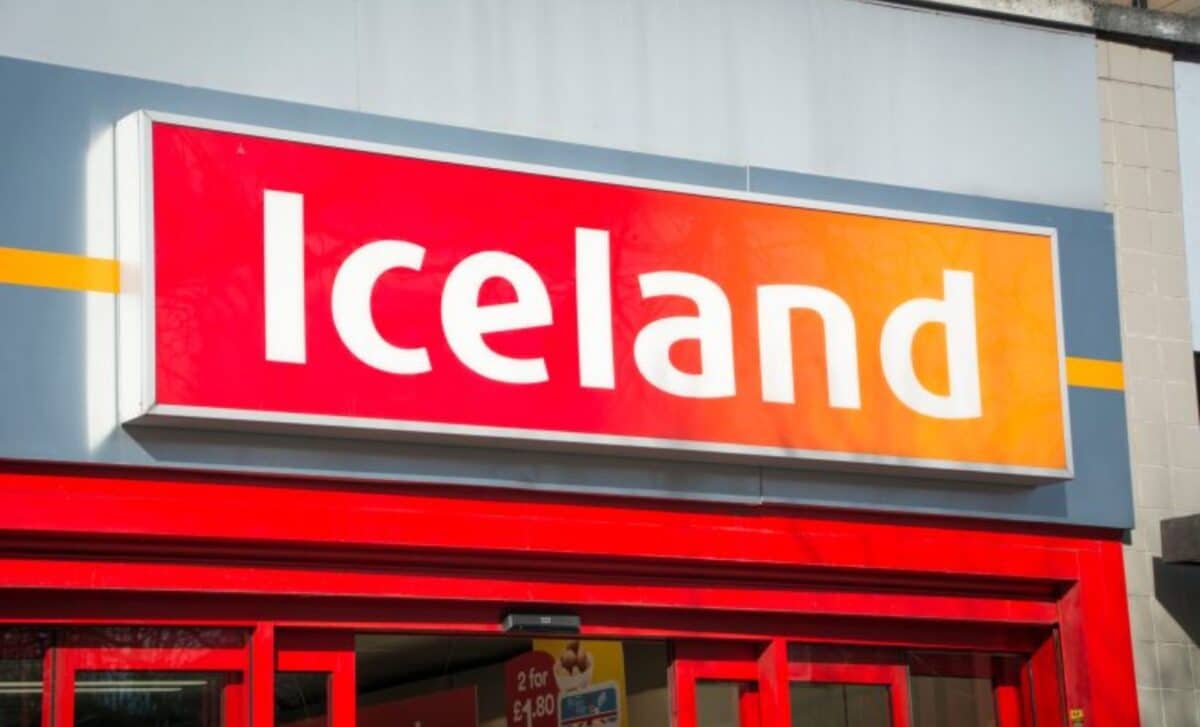Budget supermarket chain Iceland confirms it will close its Margate branch on 21 June, following a series of closures across the UK. The move comes as rising costs and shifting consumer habits reshape the retail landscape.
Another high street name is set to disappear in Margate this summer, as supermarket chain Iceland has announced the closure of its local store in College Square. Staff were informed earlier this month that operations will cease on 21 June, as part of a national realignment of the company’s retail footprint.
The closure is the latest in a growing list of shutdowns affecting British high streets, where traditional brick-and-mortar outlets face mounting economic pressures. In parallel, Iceland continues to expand its Food Warehouse brand in retail park locations, reflecting broader industry trends.
Closure Follows National Pattern of Store Reductions
The Margate store’s closure aligns with a series of similar decisions by Iceland Foods Ltd, which has scaled back operations at multiple sites across the UK in recent months. According to Kent Online, the Margate branch’s last day of trading will be 21 June, with affected staff entering consultation and being offered roles in nearby stores “where possible”.
Other recent closures include stores in Derby (22 February), Welling in London (1 February), Borehamwood, and Exeter. In each case, no specific reason was publicly provided, though a broader picture is emerging.
Retail experts cite the combination of declining in-store sales, growing operational costs and the long-term shift toward online shopping as key contributors.
According to The Sun, factors such as the rising National Insurance contributions (NICs) and increases to the minimum wage are set to add an estimated £2.3 billion in annual costs to the retail sector from April 2025.
Shift Towards Out-Of-Town Retail Parks and Online Operations
While closures continue across town centres, Iceland is actively investing in new outlets under its Food Warehouse format. Launched in 2014, these larger stores typically operate in retail parks and cater to wider catchment areas. According to corporate statements, the group plans to open 20 new stores by the end of April.
This pivot reflects an industry-wide migration toward out-of-town locations with easier access and free parking—an increasingly attractive proposition for consumers.
According to The British Retail Consortium, changes in shopping habits, combined with rising local authority parking fees, have driven footfall away from high streets and towards larger, more accessible retail centres.
As companies reassess their real estate strategies, store rationalisation is likely to continue. Chains including Marks & Spencer, Next, and New Look have also been closing high street sites in favour of better-performing retail park locations.









